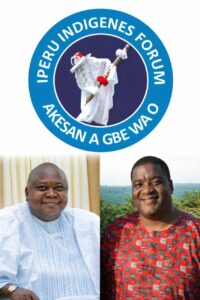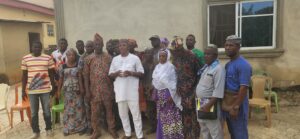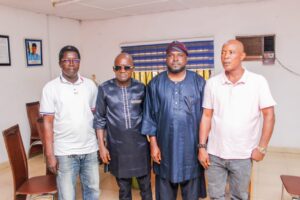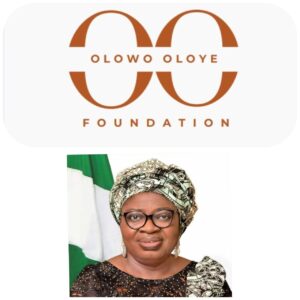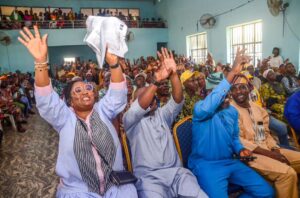Wole Soyinka Reveals He Nearly Contested Presidency Post-June 12 Crisis
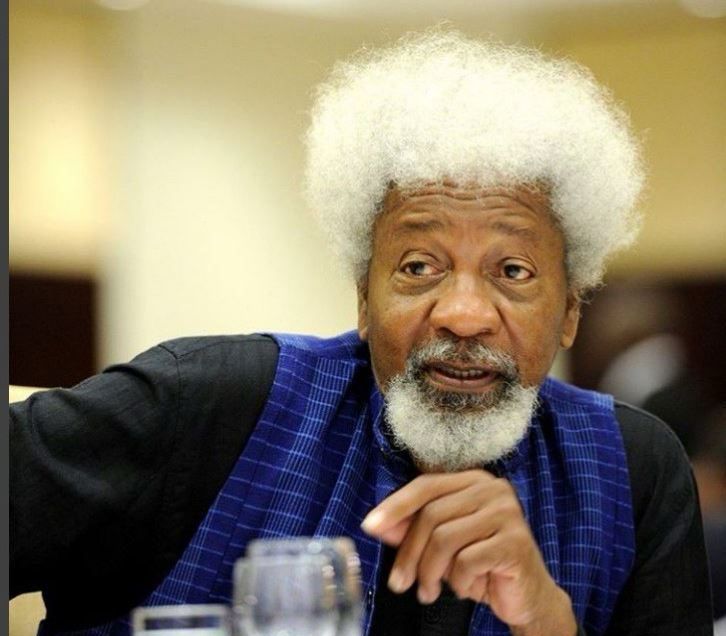
Wole Soyinka Reveals He Nearly Contested Presidency Post-June 12 Crisis
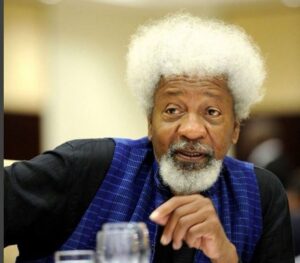
Nobel Laureate, Prof. Wole Soyinka, has revealed that he came close to contesting for the presidency in the aftermath of the June 12 pro-democracy movement.
Speaking on Saturday at an event titled “June 12: Romancing the Embers” held at Freedom Park, Lagos, Soyinka said he seriously considered the idea for 36 hours before ultimately discarding it, calling the thought “crazy.”
The disclosure came during an interactive session with journalists, where the literary icon reflected on the political tensions and personal convictions that shaped that era.
The engagement came on the heels of President Bola Tinubu’s conferment of national honours on some individuals deemed heroes of the June 12 movement.
When asked why he did not contest for power during the transition programmes that followed the annulled 1993 presidential election, Soyinka said he never saw himself as a politician and only briefly considered the option before backing out.
“I did not; I was not interested; I wanted to go back to my writing; I wanted to go back to where I belong; I am not a politician.
“I must confess, however, that for about 36 hours, I did decide that we have a responsibility and I nearly accepted the nomination to run for office of President.
“After 36 hours, I said, ‘Wole Soyinka, you dey craze.’ Then I said, let me go back to what I love doing,” he said.
The playwright also came down hard on individuals who, in his view, trivialise the significance of the June 12 struggle, describing them as the real enemies of democracy.
“There are still a lot of misconceptions about June 12, even among those who participated, which is normal.
“When you have a movement like June 12, people come with different motivations. Some joined just to settle scores; some joined because they felt belittled or dehumanised by the conduct of the military. Others joined because they are against any form of dictatorship,” he said.
He added, “Many negative things have been written. I want it understood that we had betrayals, lots of inconsistencies, and a lot of opportunistic membership.
“We had treachery that cost many lives and pauperised hundreds. We had retributive activities even continuing after the termination of that particular regime.
“People now assume different roles, pretending and using the transition period.
“June 12 didn’t start or end on that date. Unfortunately, some people—often driven by frustrated political ambitions—try to downplay its significance just to score political points,” Soyinka said.
He stressed that those who attempt to trivialise the essence of June 12, despite not being part of the struggle, should simply let it be.
“You weren’t involved, and no one forced you to be—so leave June 12 alone,” he said, adding that such individuals represent the worst kind of threat to democracy.
“If you see anybody making false claims, they have a right. It is your responsibility to say, ‘I know something about it; it didn’t go this way; the truth is this and that.’ That is legitimate.
“But those who invoke it just to trivialise June 12 because of thwarted political ambition are the worst kind of enemies of democracy.”
Soyinka said the ideals of the June 12 movement must continue to be preserved and promoted through public remembrance, civic engagement, and formal recognition of those who sacrificed for the country’s democracy.
“June 12, therefore, must be sustained through reminders, occasions, gatherings, other civic activities, and through formal recognitions of those who passed away in the movement,” he said.
The Nobel laureates acknowledged that there were some omissions in the honours list of the President.
“I listened to Kayode Fayemi. There were indeed some misses in the honours list. But we should accept the fact that for any struggle so multi-dimensional—one that cuts across the nation, professions, the military itself, academia, market women, factory workers, and so on—those of us honoured should be seen as mere representatives of that movement,” he said.
Soyinka also berated some Nigerian youths who dismissed the significance of June 12, describing such attitudes as ignorant and irresponsible.
He said, “Over half of Nigerians were not born as of June 12, 1993. It could be misinterpreted. Why should June 12 be considered important at this time?
“The youths should learn to shut their mouths if they are ignorant. When they don’t know anything, they have a choice—to not talk about it or be curious, do research, and ask questions: Who is this person? Why did it happen? Who was involved?”
Soyinka further attributed misconceptions about the importance of the June 12 struggle and other liberty struggles of the nation to deliberate efforts to exterminate the teaching of history.
Soyinka added, “If they don’t want to do either, then they become enemies of history, enemies of truth. In addition, society has the responsibility to make sure they have access to materials, the truth.
“That is why I keep reiterating that the crime against youth, against education, was committed by the government at the time when it eliminated history from the curriculum.
“There is also a duty to engage with these materials, even if they’re fictional, because they can spark curiosity,” Soyinka said.
“We didn’t disregard the past. We wanted to understand what took place during the British era, before independence. What truly happened at the onset of colonial rule?”
He emphasized that young people must take responsibility by being inquisitive, not dismissive. “It is irresponsible to just talk carelessly and wave everything aside. We were eager to learn, and we took that responsibility seriously,” he added.
